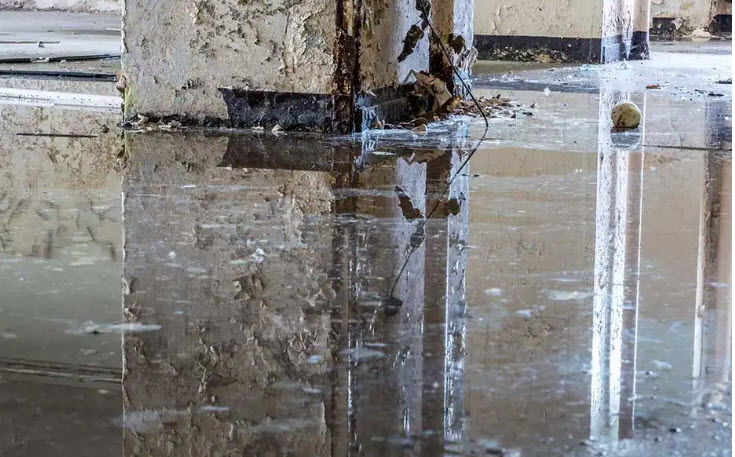Sewage Cleanup Service
Water Restoration

Mold, rats, and insects are the most common culprits in the destruction of library and archival collections; however, dogs, cats, birds, and people are all responsible for this kind of damage. Damage caused by mold may be a significant risk, particularly for buildings situated in regions that are hot and humid or in close proximity to big bodies of water that have a high relative humidity. Mold spores are abundant in the environment. Damage caused by mold may be quite costly, therefore it is essential to take precautions to avoid getting it in the first place. The most critical procedures are to ensure that the temperature and relative humidity levels are maintained at appropriate levels, that there is enough air circulation, and that storage rooms are kept clean and clear of clutter. In an ideal world, the temperature shouldn't ever get higher than 70 degrees Celsius, and the relative humidity shouldn't ever go higher than 50 percent. The likelihood of mold growth increases in proportion to both the temperature and the relative humidity of the environment. In the event that there is a situation that involves water, such as a flood or a fire, anything that become wet should be removed as soon as possible, before mold or mildew may begin to form.
The fact that water removal is one of the primary components of fire damage cleaning and restoration is something that a lot of people find to be surprising. However, in order to put out fires, firefighters use water and occasionally chemicals. The water used to put out fires needs to be removed before it may grow mold or cause more damage. The process of restoring the damage caused by smoke may begin once the water has been extracted and the goods that were harmed have been removed from the residence.
Homeowners and business owners can suffer a major financial loss if their residential or commercial facility sustains damage from a fire. Both flames and smoke may cause significant damage to structures and the stuff within them. Rip Tide Restoration eliminates the stress associated with the process of repairing your property after it has been destroyed by fire or flood. When you want high-quality fire and water damage repair in Sussex County, you can put your trust in the professionals at Rip Tide Restoration.
Your flood insurance coverage will only pay for damage to your property that was caused directly by a flood. Other types of insurance, such as homeowner's insurance, do not cover damage brought on by flood water but do cover damage brought on by other types of hazards, such as intense rainfall or fire. If a river overflows or rain generates a flash flood that penetrates your property, this is regarded to be a direct effect of the flood, and it is likely that your flood insurance will cover the costs associated with it. However, if the rain is blown into a building that is sheltered from the wind, this type of precipitation is known as wind-driven rain and is not covered by your flood insurance. If your roof is broken in any way and water is able to leak through the roof, the same thing will happen. Your flood insurance will not pay for this type of damage since it was caused by water that was damaged by the wind.
Sewage Cleanup Service